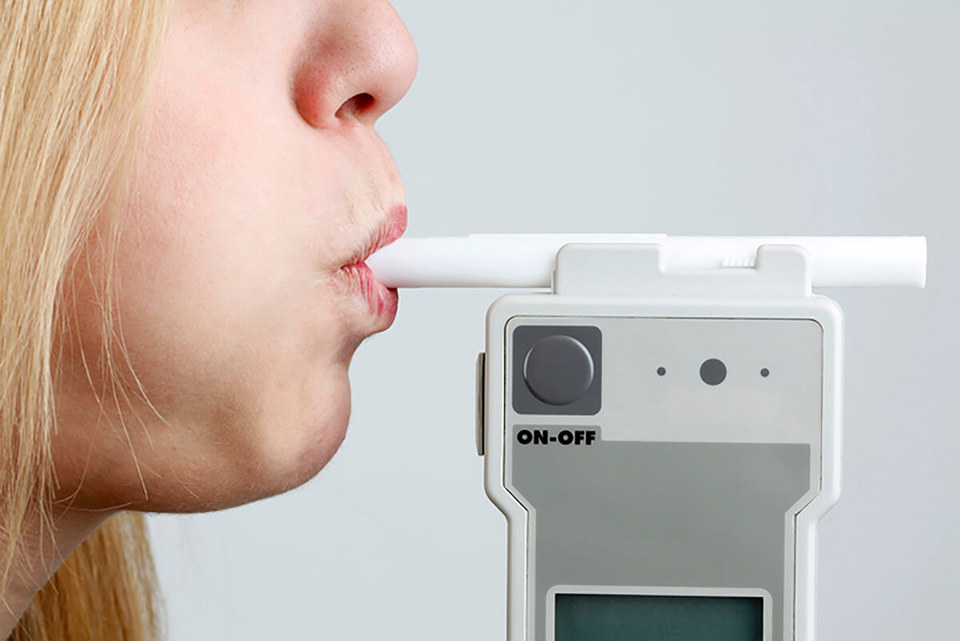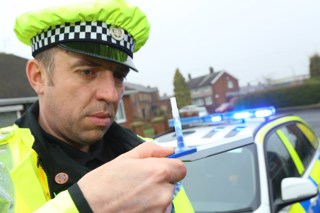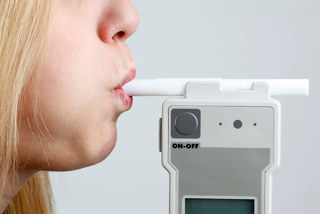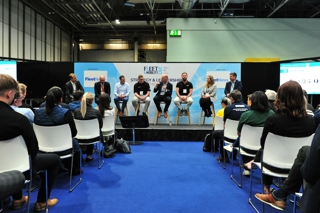New figures from the Department for Transport show that 9,040 people were killed or injured on Britain’s roads in 2016 where a driver was over the legal limit for alcohol.
It is a 7% increase on the previous year and is the highest level since 2012, and represents one in 20 of all casualties in reported road accidents in 2016.
The figures show that 230 people died in drink-drive crashes during the year, up from 200 in 2015.
Paul Loughlin, a solicitor in motoring law at the national firm, Stephensons, said: “Today’s figures from the Department for Transport are a significant concern and will renew calls from many to review the drink-drive limit in England and Wales and continue to push for harsher penalties for those caught intoxicated behind the wheel.
“Since the start of the year, and the introduction of stricter sentencing guidelines back in April 2017, we’ve seen a significant uplift in the number of drivers seeking legal advice following a drink-drive offence.
“In January, immediately after the New Year celebrations, enquiries went up by 145% on the previous month and continue to remain high in comparison to the same period last year.
“In the vast majority of cases, these are first time offences; often people who feel they are ok to drive and then surprised when they produce a positive breath sample.
“Sleeping it off for a few hours, or even overnight, does not mean you have sufficiently sobered up. While you may feel less impaired, your blood alcohol level could still take you over the legal threshold.”
Joshua Harris, director of campaigns at road safety charity Brake, believes that these latest drink-drive figures show the problem to be an “increasing blight” on British roads.
However, he said: “The Government sits on its hands and refuses to address the issue.
“The current drink-driving limit gives a false impression that it is safe to drink and drive – this is a dangerous message and one that couldn’t be further from the truth. Research has shown even very small amounts of alcohol dramatically affect safe driving - drivers with levels of alcohol in their blood just half the current legal limit are at least twice more likely to die in a crash than those with no alcohol at all.
“Our current drink-driving law lacks clarity, is badly understood and supports the perception that mixing alcohol and driving is acceptable – this needs to change.”
Brake is calling for the Government to implement an effective zero tolerance drink-drive limit of 20mg per 100ml of blood.




















Peter - 09/08/2018 11:11
The UK, to our great discredit, are way behind the rest of Europe on this. The figures are a disgrace - 9,040 people and their families affected in one year. At the very least, England and Wales should follow Scotland's lead in reducing the limits.